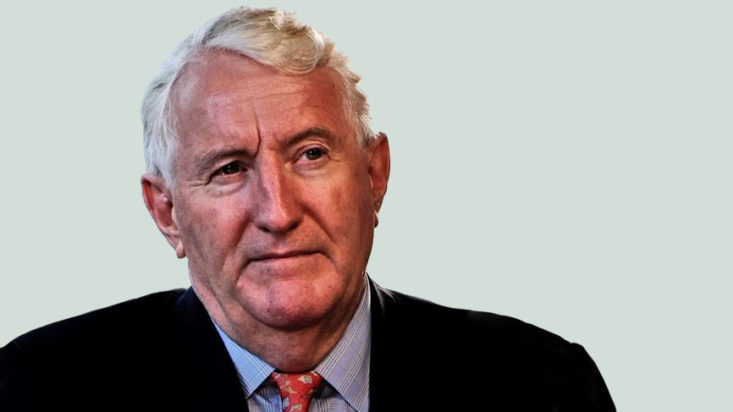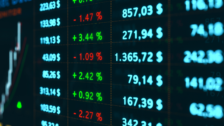Medical devices the next frontier of growth
Move over supermarkets, utilities and gold bullion. When it comes to defensive exposures, there’s nothing more compelling than medical device providers that prevent deaths from chronic diseases in rapidly ageing populations.
According to global Sydney-based specialist equities manager Cordis Asset Management, chronic conditions such as cardiovascular and respiratory failure and diabetes account for 80 per cent of mortalities.
At the same time, advancing medical technology means that these ailments have become far more treatable, with patients demanding ever higher standards of care.
Cordis managing director Simon Ford notes a “tectonic improvement” in healthcare in the last decade, in fields such as 3D imaging, robotics and computer aided design.
“Device treatment has played a critical role,” he says.
“There’s now a global expectation that healthcare systems will address chronic disease, while the devices have improved dramatically in the last ten years.”
Cordis is tapping the burgeoning growth of healthcare with the launch of the Cordis Global Medical Technology Fund, an unlisted open-ended vehicle targeting initial subscriptions of $50 million.
Uniquely, the fund has a specific remit of investing globally in device makers that treat chronic conditions. As a starting point, the investee companies must be listed on a stock exchange and revenue producing. The devices must be approved by the US Food and Drug Administration, or a similar jurisdiction such as Europe.
Cordis lists at least 1000 listed medical device companies globally, but the fund’s screening reduces this ‘investible universe’ to no more than 100 companies.
“Collectively they have returned 24 per cent over the last five years and have generated revenue at 11.5 per cent annum, which is three times the rate of healthcare growth,” Ford says.
The fund plans to invest in between 20 to 40 stocks, targeting an average annual total shareholder return of at least 15 per cent.
The initial portfolio consists of 24 stocks, including the New York Stock Exchange listed device giants Abbott Laboratories, Medtronic and Edwards Lifesciences, a leader in valvular heart disease devices.
Another inclusion is the Nasdaq-listed Silk Road Medical, which devised the first stent to be used to treat carotid artery disease via the shorter route of an insertion just above the clavicle.
Also Nasdaq listed, Senseonics has devised a revolutionary implantable glucose monitoring device for diabetes sufferers.
The chairman of Cordis’s medical advisery panel, cardiothoracic surgeon Prof Michael Vallely has seen first-hand the evolution of non-invasive heart surgery that’s available to patients deemed too risky for open-heart procedures.
“A decade ago, a patient with a leaking mitral valve wouldn’t get a look in,” he says.
“Even thought the devices are expensive, they prevent readmissions which is good for patients and good for the hospital system.”
The Cordis quality filters include the quality of the devices, the size of the market and the degree of competition.
“We get a big competitive advantage by having device specialists and a medical advisery panel of some of the world’s leading cardiologists and heart surgeons,” Ford says.
“They are giving us line of sight on the effectiveness of the devices owned by various companies.”
With many healthcare stocks trading on lofty earnings or, in many cases, revenue multiples, Cordis is wary of overpaying for assets.
Ford argues the managers have a deep insight into the investee companies’ research and development pipeline and patent position.
In most cases the prevalence of the disease is much higher than the treatment rate, which means demand for the device is constrained only by healthcare funding and the pace of clinician training.
“We can see a decade or two decades before this market is saturated,” Ford says.
He adds that many investors were alarmed by the valuation of tech stocks a decade ago. “But if you hadn’t invested in IT back then, you would have been dramatically wrong.”
With a minimum investment of $50,000, the fund is pitched as suitable for family offices, self managed super funds and ethical portfolios.
While the recommended investment time horizon is five years or more, a daily liquidity mechanism will allow investors to enter and exit the stock.
Cordis Asset Management will levy a base management fee of 1.2 per cent, with a 15 per cent performance fee for exceeding the returns of the benchmark S&P Global 1200 Healthcare Index.










